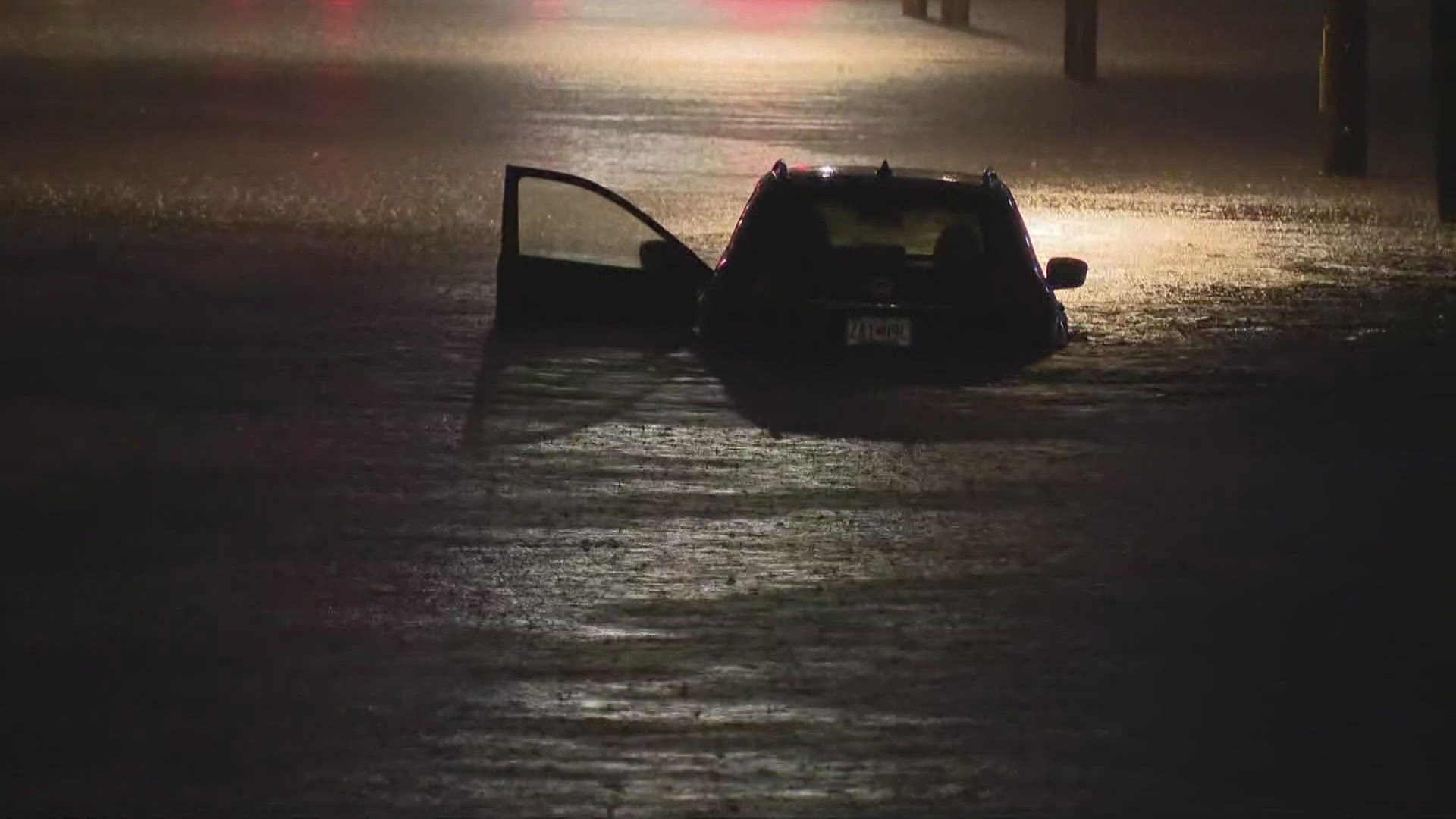ST. LOUIS — Below-freezing temperatures are forecast to finally make their way to St. Louis early Tuesday morning, shooting past "fashionably late" and marking a near-historic late appearance.
Historically, the city usually gets freezing temperatures between Oct. 7 and Nov. 2. The region's first 32-degree reading normally happens between that window.
Tuesday morning's temperatures are expected to drop below freezing far outside that normal window. The freeze would mark the second-latest first freeze the city has ever seen, tied with November 26, 1902. The latest first freeze ever recorded in St. Louis was November 27, 2009.
Recent research shows St. Louis isn't alone in having a late first freeze. Human-caused climate change, through the burning of fossil fuels, led to warmer falls throughout much of the nation, with St. Louis seeing its 12th warmest start to November in history with a 56.9-degree average. The warm falls delayed 2024 first freezes in 85% of cities analyzed by the research institute Climate Central.
"Across these 170 cities, the first freeze is arriving 11 days later, on average, than in the early 1970s," Climate Central said. "The first freeze is now arriving at least two weeks later in 57 cities — especially cities in the Northeast and Upper Midwest."
A later first freeze can contribute to numerous negative environmental factors, including lengthening and worsening fall allergy season, allowing mosquitoes to linger later, and lowering annual yields of nuts and non-citrus fruits.
The five cities that saw the biggest shift in their first freezes since 1970 include:
- Reno, Nevada, with a first freeze 41 days later than average
- Bend, Oregon, at 37 days later
- Toledo, Ohio, at 28 days later
- Boise, Idaho, at 27 days later
- Helena, Montana, at 26 days later
Other areas throughout Missouri, however, had a first frost and freeze much earlier in the month, some of which were even ahead of schedule.



